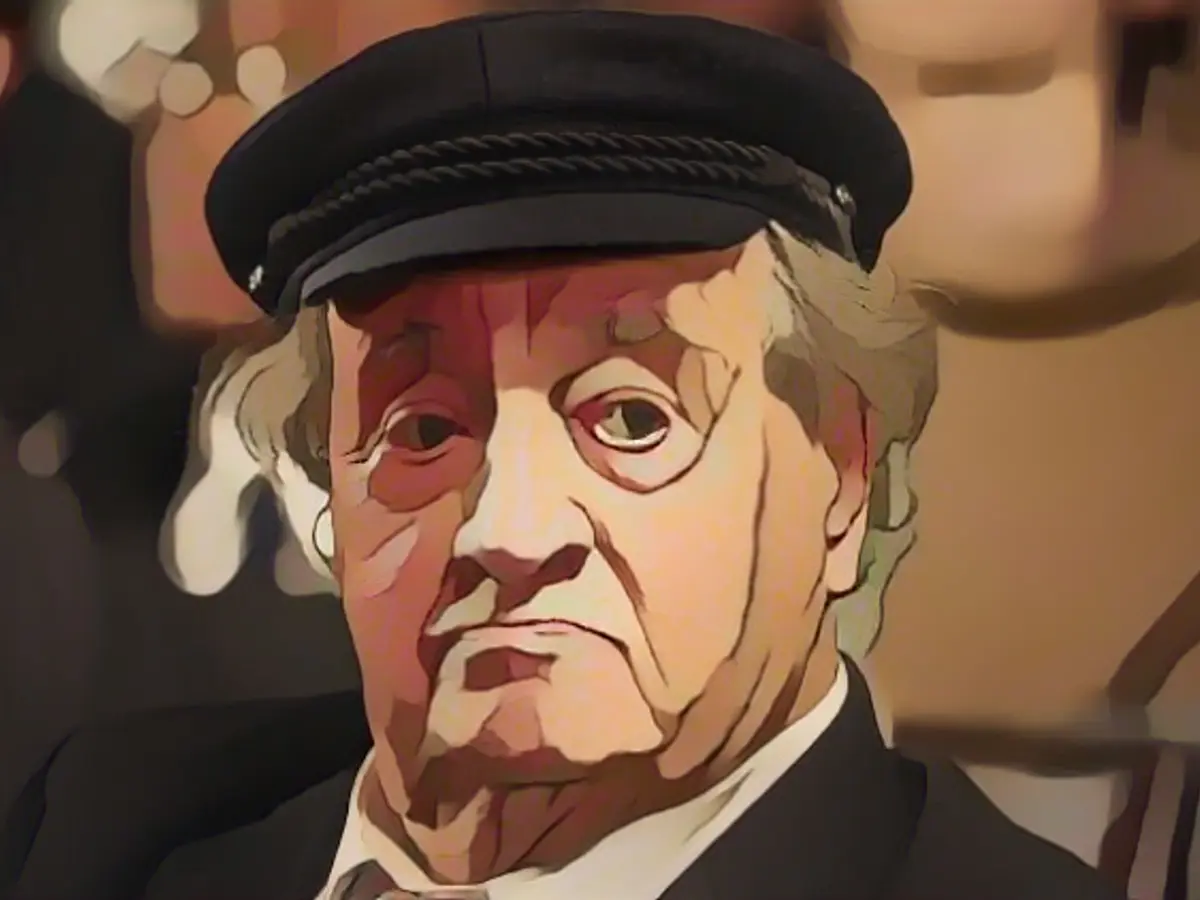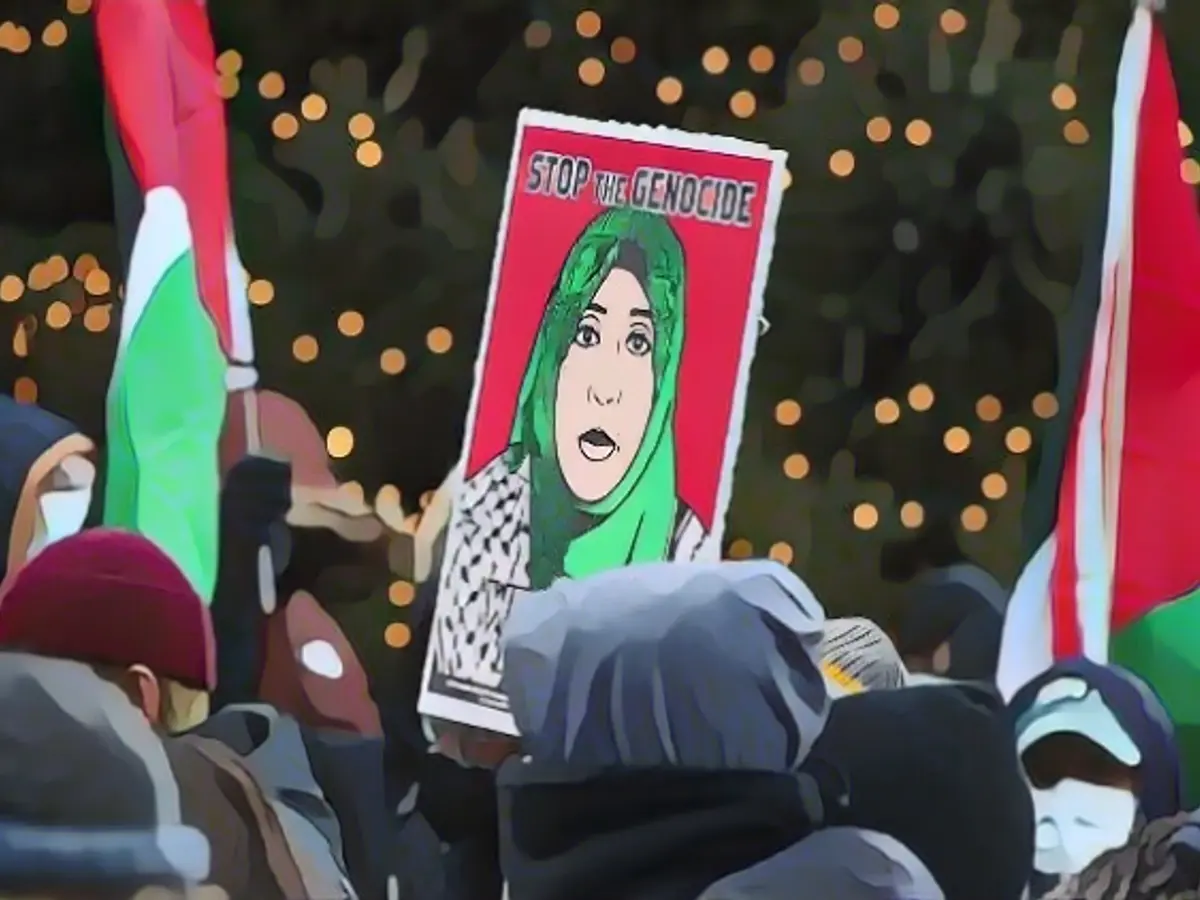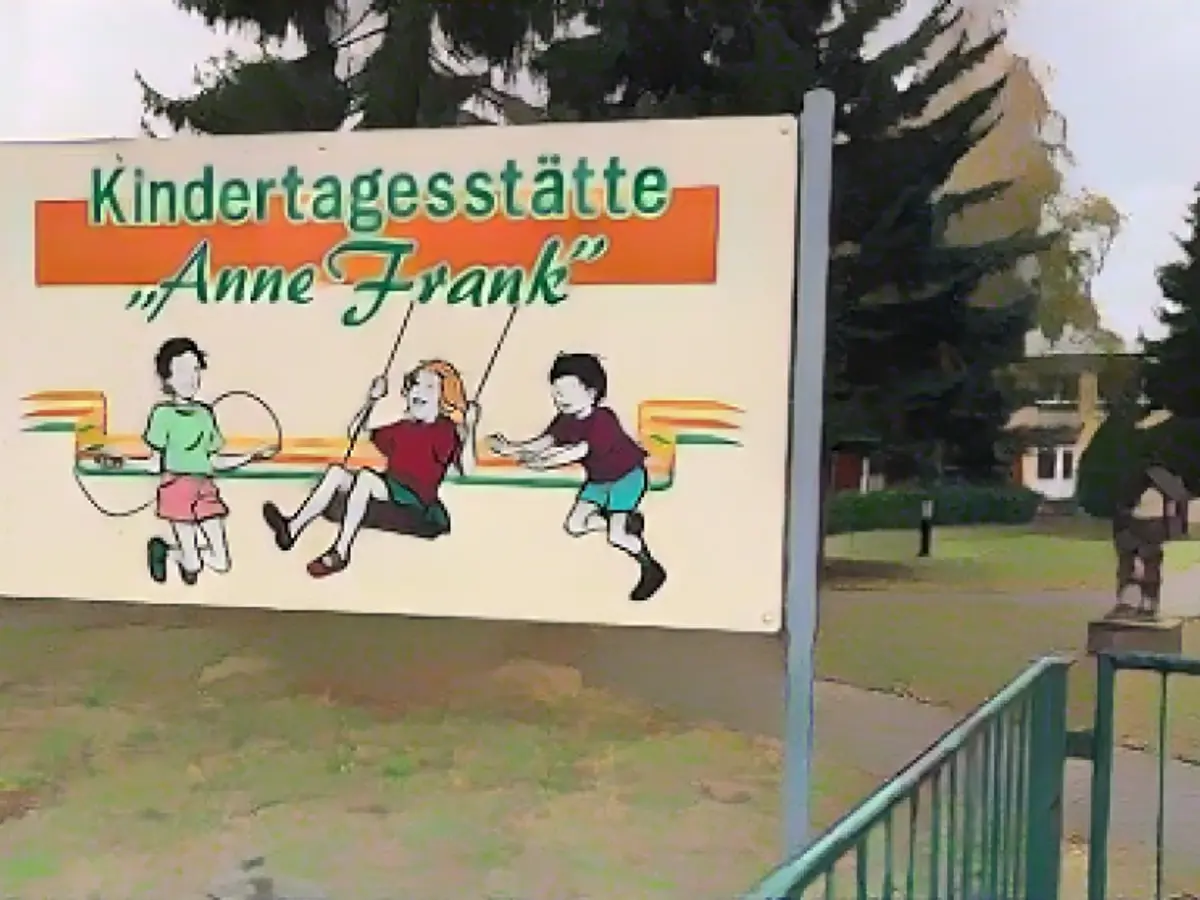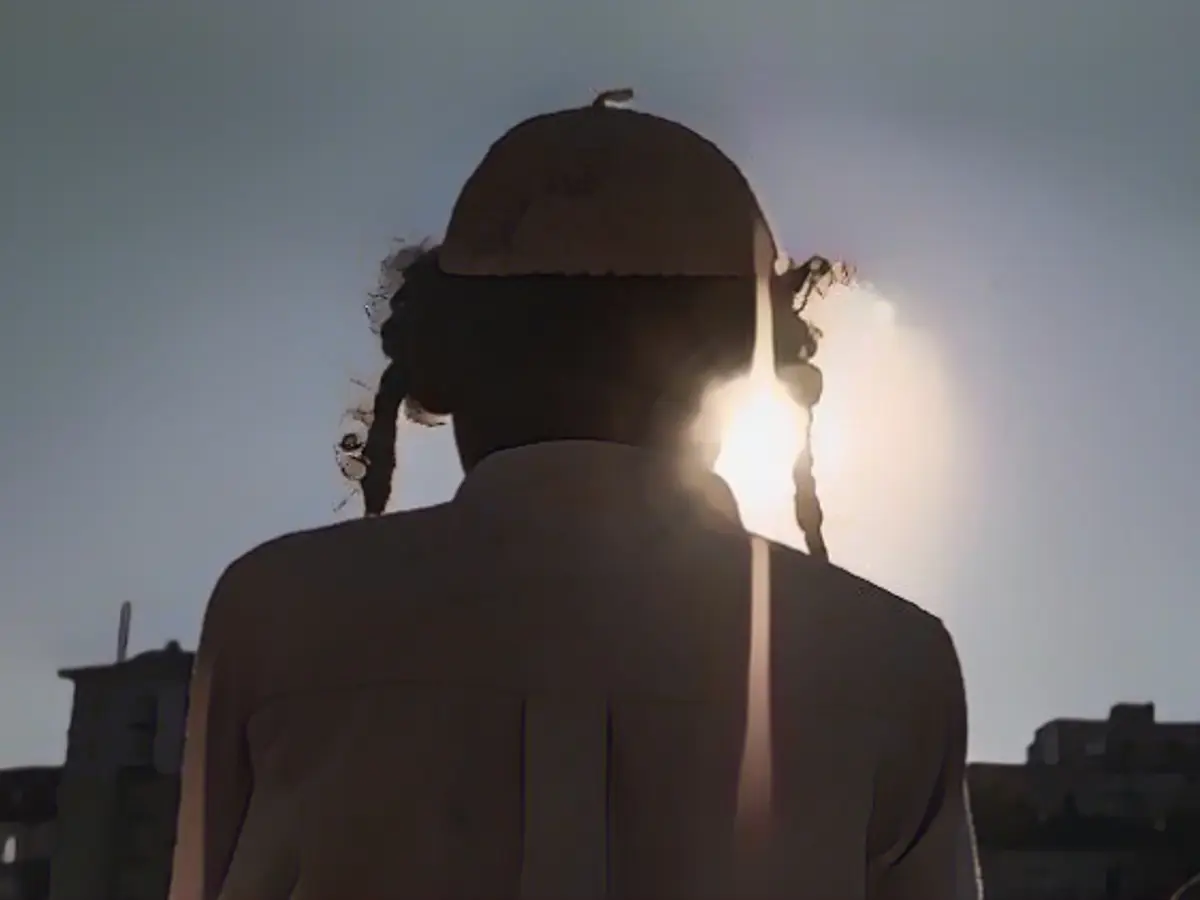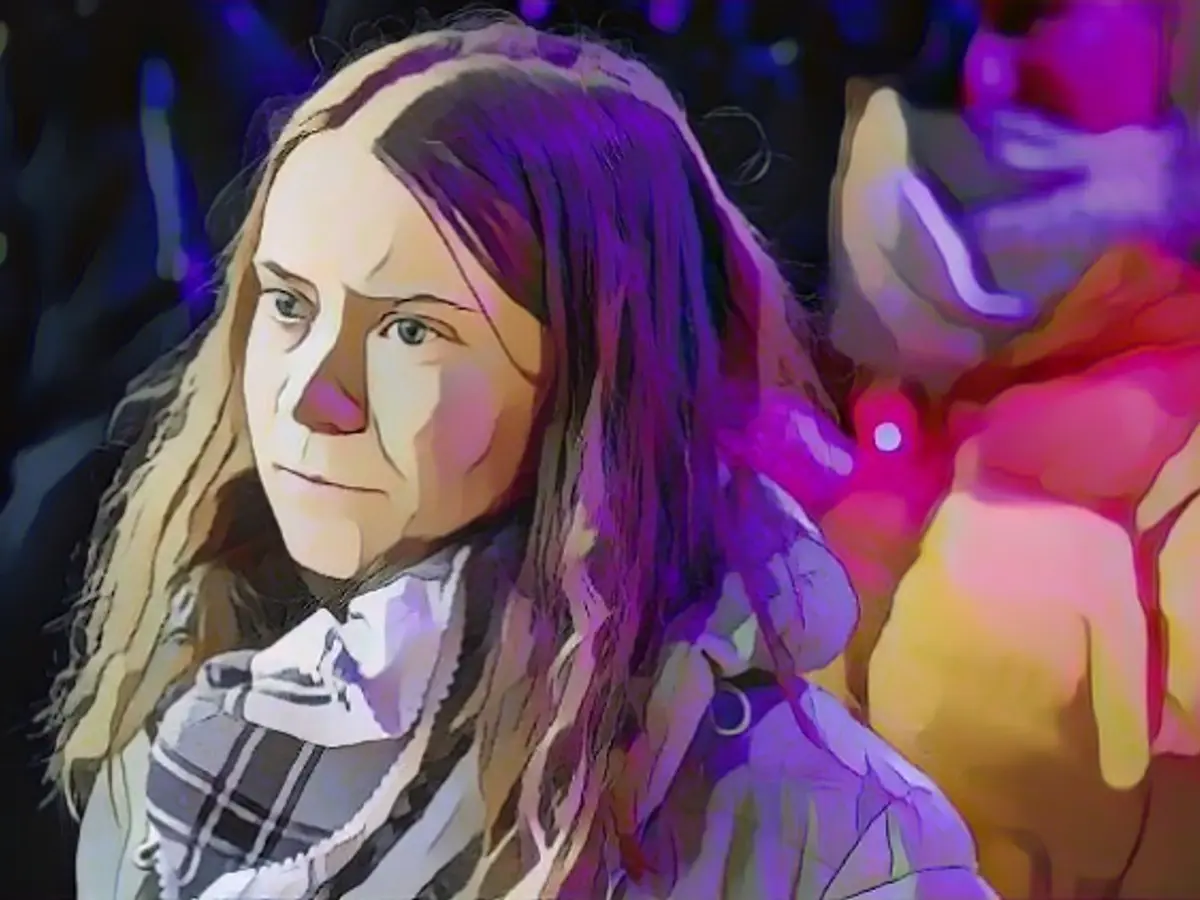Holocaust Survivor Sounds the Alarm: "We Need to Act Now"
At 90 years old, Ivar Buterfas-Frankenthal is a living testament to the horrors of the Third Reich. This resilient survivor has dedicated his life to sharing his harrowing experiences with students, but he now fears that generations are growing up without a proper understanding of this dark chapter in history.
Born just weeks before Adolf Hitler ascended to power in 1933, Buterfas-Frankenthal has witnessed firsthand the rise and fall of the Nazi regime. His parents, renowned acrobats, had to abandon their performances due to anti-Semitic policies. Buterfas’ father was one of the first concentration camp prisoners, often facing brutal treatment for his Communist beliefs.
Growing up in Nazi-controlled Germany, Buterfas faced relentless anti-Semitism. A chilling memory from his school days sticks with him to this day. The six-year-old was singled out by his principal and ordered to leave the schoolyard, being called a "Jewish pestilence." However, he was spared further harm thanks to some intervening adults.
Buterfas and his family endured numerous hardships, moving several times to evade persecution. They finally settled in Hamburg, where they hid in cellars and survived on looted items.
Despite the challenges, Buterfas has turned his experiences into a powerful tool for education. He has given more than 1,500 talks since 1991, sharing his story with students across Europe. Buterfas now sounds the alarm, warning that we are experiencing a "change in the threat situation." He demands that education about the Holocaust and the Third Reich begins as early as the fifth grade.
The issue of teaching these topics is not new. Many educators like Buterfas struggle with limited time and focus. A recent report highlights that about 40% of teachers devote two hours or less to non-Holocaust topics, and even the Holocaust itself sees declining priorities for some educators. Professional development in this area is lacking, with only a small percentage of teachers receiving support from their LEAs.
Community resources can play a crucial role in Holocaust education, but availability varies. California, for example, is working towards community partnerships with museums and survivor speaker programs, but the extent of these efforts depends on geographic proximity.
Advocates for comprehensive Holocaust education have raised concerns, calling for more attention to related topics like antisemitism, Israeli history, and Jewish life in the curriculum. Rachel Barold and Emma Libowitz from Jews4Change are among those pushing for change.
With increased threats, Buterfas doesn't regret his mission to educate and advocate for a more inclusive understanding of the past. He firmly believes, "We have to clear things up." By sharing his story, he fosters a deeper appreciation of the importance of education, highlighting that without it, we will remain stagnant in addressing societal issues and fostering empathy.
